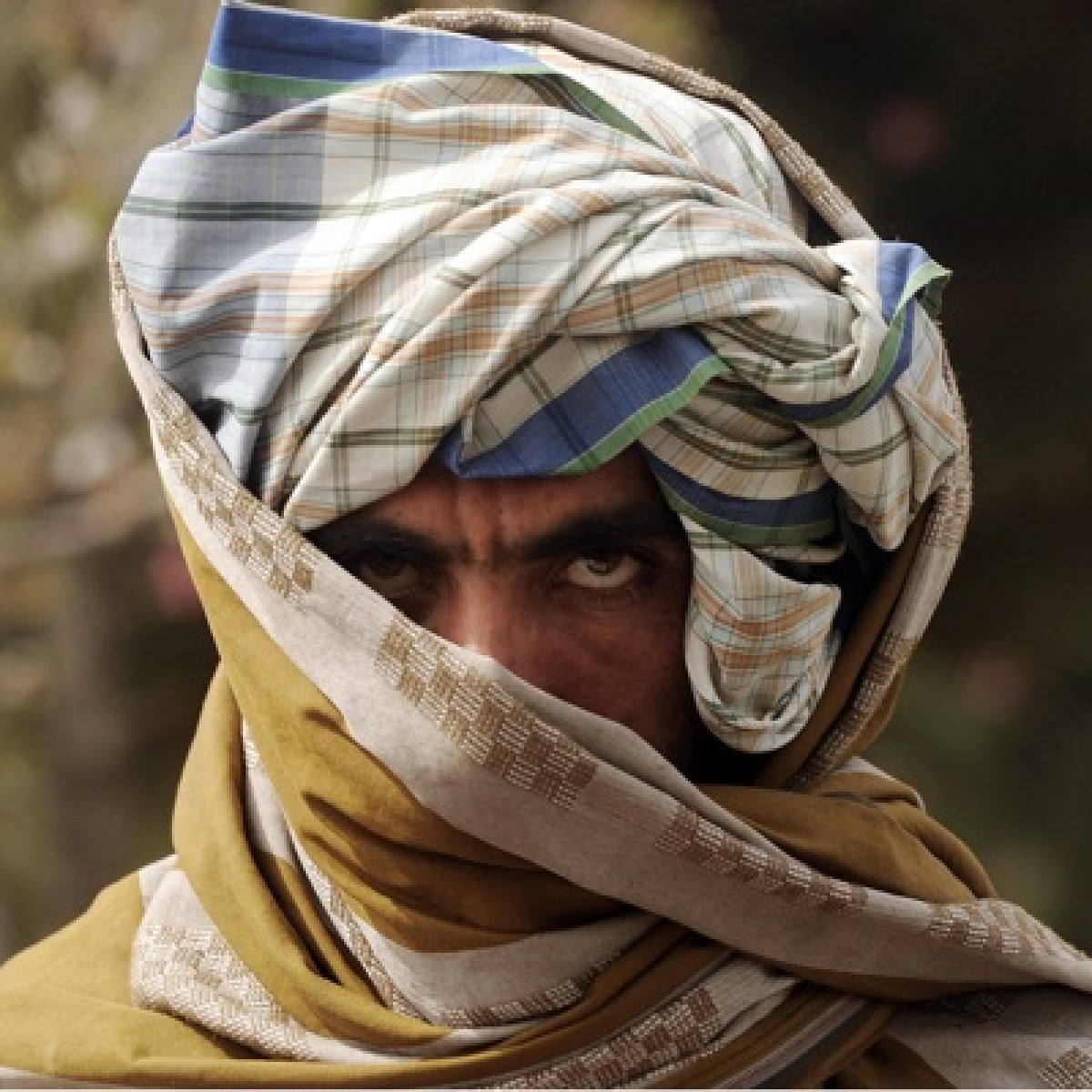 257
257
According to the latest UN report, two days after a horrific explosion that rocked the Kaaj educational institution in West Kabul, the death toll and casualties are 35 dead and 82 wounded, some of whom are in critical condition. The tragedy is rendered more poignant since the majority of the victims were female students preparing to take the university entrance examination.
Since the Taliban decided to shut down all female secondary schools, the victims at Kaaj Center were probably the last batch of Afghan girls who could realise their dream of pursuing a university education.
According to many observers, the Taliban’s repeated failure in protecting educational and minority religious centres is one of the factors that lends credence to their indirect complicity in Friday’s carnage.
One of the dramatic aspects of Friday’s calamity was that it occurred in a Kabul district predominated by the Hazara Shia minority. Hazara community still vividly remember that the Taliban’s catchphrase in the 1990s was “Tajiks to Tajikistan, Uzbeks to Uzbekistan, and Hazaras to Guristan [Graveyard].”
Taliban callously besieged Hazara-populated regions in 1998 in an attempt to gain entire control of Afghanistan, preventing supplies and starving the civilians. In August of the same year, Taliban fighters stormed Mazar-e Sharif, a city in northern Afghanistan, and went on a bloody rampage, slaughtering Hazaras.
Since Pashtun militants seized power in Kabul more than a year ago, ethnic and religious minorities have not only been denied any representation in the Taliban-led regime but have rather been subjugated to disparaging practices aimed to eradicate their socio-cultural symbols throughout the war-torn nation.
The Taliban’s delay in formally recognising the rights of religious minorities, their insistence on Pashto as the main administrative language, and the removal of Persian phrases from university and hospital front boards, even in Persian-speaking provinces such as Herat, are all ominous signs that the Taliban are carrying out a subtle form of ethnic and cultural cleansing.
In this bleak political landscape and considering the extent of ethnic, religious, and linguistic fault lines, adopting current policies on the part of the Taliban prevents the formulation of a roadmap for Afghanistan’s future, which otherwise could lead the nation to witness an upsurge in ethnic hostilities, culminating in another round of civil war.
To put it in other words, should the Taliban government continue with its obstinate refusal to form an inclusive government that reflects Afghanistan’s mosaic of racial, ethnic, and religious diversity, it will plunge the Afghans into a dark abyss of turmoil, instability, and more anguish.
In this backdrop, German diplomat Markus Potzel, the director of the United Nations Assistance Mission in Afghanistan (UNAMA), cited “division, marginalisation, poverty, and internal strife” as potential scenarios for Afghanistan in a recent address at UNAMA headquarters.
Meanwhile, Nikolai Patrushev, Secretary of the Security Council of the Russian Federation, recently voiced concerns about Afghanistan becoming a centre of terrorist activities, highlighted the detrimental repercussions of the Taliban’s radical approach in domestic affairs, and cautioned about ignoring the risks of the ongoing Pashtunization campaign, which threatens Afghanistan’s minorities’ rights.
All of this suggests that Afghans’ and the international community’s tolerance with the Taliban is running thin, and that the age of leniency toward the new rulers of Kabul is drawing to a close.
Comment
Post a comment for this article